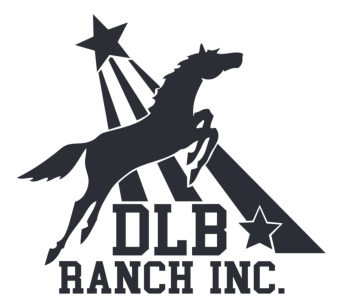What is Equine Assisted Learning & Psychotherapy ?
Horses do the work of teaching and healing through a variety of equine assisted applications which include education (both classroom and experiential), youth at risk
programs, alcohol & drug recovery programs, holistic health programs, mental health counseling, coaching, and workplace training. Individuals with a variety of training and experience enter the field of teaching and healing with horses including mental health counselors, educators, holistic health practitioners, coaches, organizational development professionals, workplace trainers, as well as professional horse people.
Equine Assisted Learning (EAL) or Equine Facilitated Experiential Learning (EFEL)
Activities done with horses geared toward experiential learning. Equine assisted learning or equine facilitated experiential learning activities are typically offered to groups. The difference between equine assisted learning and equine assisted therapy is one of the confusing concepts in the emerging field of equine assisted work.
Learning activities can be used to reengage students in academic learning as well as with high risk adolescents in alternative school programs. Typically, the clients participate in an activity with the horses on the ground, and the trained facilitator guides the learning process. Rather than focusing on personal issues, the focus is on concepts and principles, as in character concepts for example.
Equine Assisted Psychotherapy/Equine Facilitated Psychotherapy (EAP/EFP)
In Equine Assisted Psychotherapy (EAP), horses partner with humans to facilitate emotional healing in the context of psychotherapy. The Equine Assisted Growth and Learning Association (EAGALA) defines Equine Assisted Psychotherapy (EAP) as a collaborative effort between a licensed therapist and a horse professional designed to address specific treatment issues presented by a psychotherapy client. Participants learn about themselves and others by participating in activities with the horses, and then processing (or discussing) feelings, behaviors, and patterns. Issues vary with each individual or family, but can include uncovering and managing emotions such as anger, anxiety, sadness or grief. Issues related to self-esteem, assertiveness, control, trust, communication, boundaries, separation, perfectionism, decision-making, leadership, cooperation or other social issues are often among those that surface. Because of its intensity and effectiveness, it may be considered a short term, or “brief” approach to psychotherapy. In order for it to be considered “psychotherapy” a licensed mental health professional needs to be involved. For those who follow the EAGALA model, 100% of EAP takes place purely on the ground.
Get in Touch with us Today!
Contact Us
Frequently Asked Questions
Have questions about the services we provide? We hope you find the answer below.

